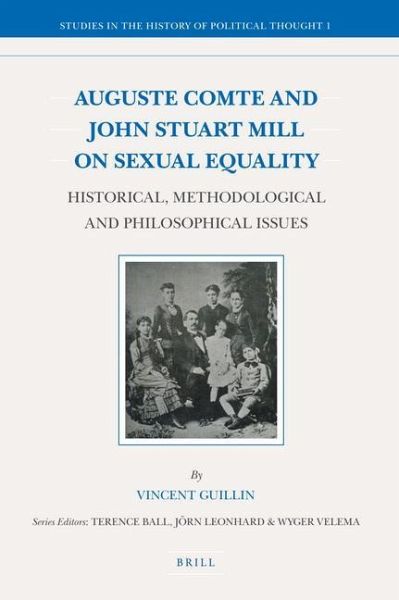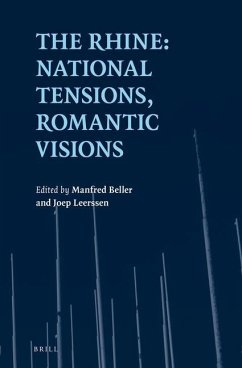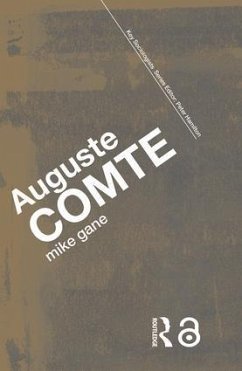
Auguste Comte and John Stuart Mill on Sexual Equality
Historical, Methodological and Philosophical Issues
Versandkostenfrei!
Nicht lieferbar
Vincent Guillin uses the issue of sexual equality as a prism through which to examine important differences epistemological, methodological, and theoretical between Auguste Comte and John Stuart Mill. He succeeds in showing how their differing conceptions of science and human nature influence and affect their respective approaches to philosophy and to the analysis of female (in)equality in particular. Guillin shines a bright searchlight into long-neglected aspects of both men s thinking for example, Mill s proposal to construct an ethology, or science of character-formation, and Comte s seemin...
Vincent Guillin uses the issue of sexual equality as a prism through which to examine important differences epistemological, methodological, and theoretical between Auguste Comte and John Stuart Mill. He succeeds in showing how their differing conceptions of science and human nature influence and affect their respective approaches to philosophy and to the analysis of female (in)equality in particular. Guillin shines a bright searchlight into long-neglected aspects of both men s thinking for example, Mill s proposal to construct an ethology, or science of character-formation, and Comte s seemingly bizarre interest in phrenology and the ways in which these shaped their views of women s intellectual and political capacities. Guillin s wide-ranging study examines both men s major and minor works, their correspondence with one another, and the reasons for the final acrimonious break between two of the nineteenth century s most original and important thinkers.






